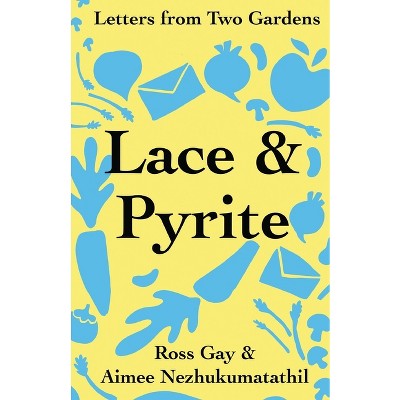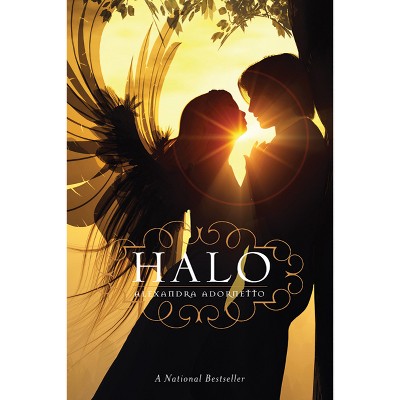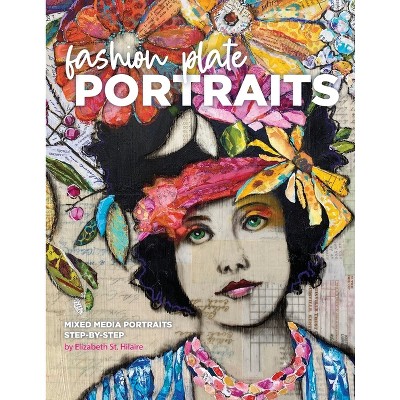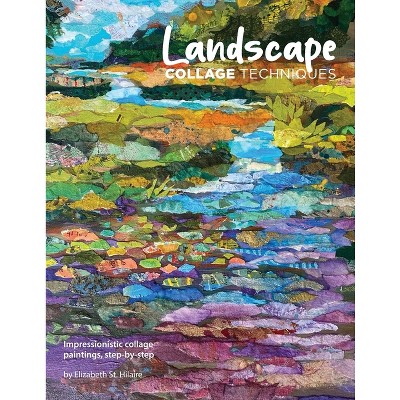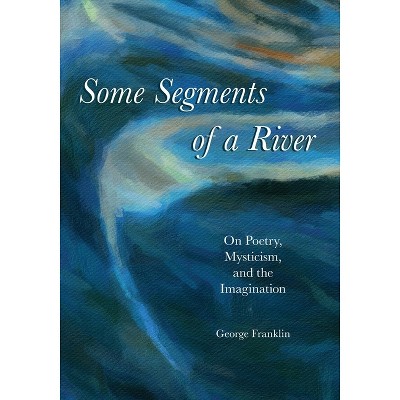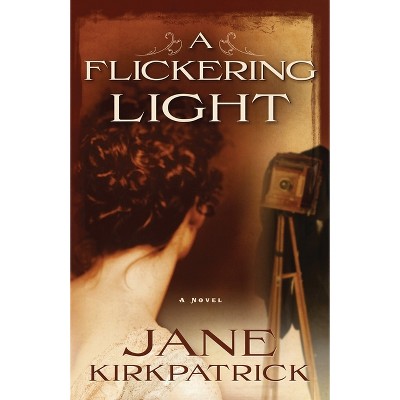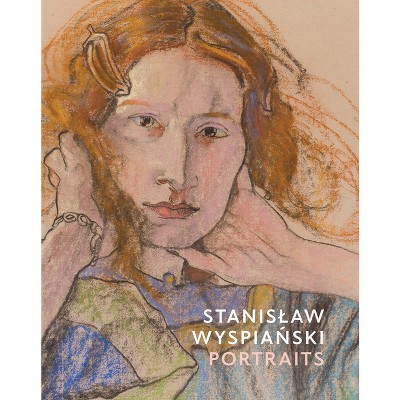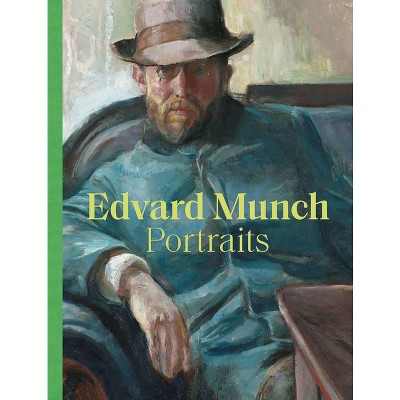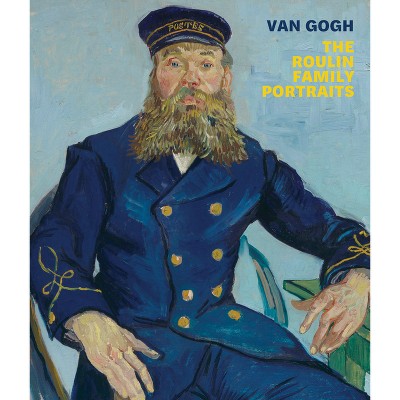Sponsored

Portraits From Life - by George Franklin (Paperback)
In Stock
Sponsored
About this item
Highlights
- In this revelatory book, poet George Franklin describes his encounters with illustrious figures in the arts who taught, mentored, or inspired him, and provides extended commentaries on some of their most characteristic creations.
- Author(s): George Franklin
- 164 Pages
- Literary Criticism, Poetry
Description
About the Book
Equal parts memoir and critical study, poet George Franklin describes his encounters with illustrious figures in the arts who taught, mentored, or inspired him, and provides extended commentaries on some of their most characteristic creations.
Book Synopsis
In this revelatory book, poet George Franklin describes his encounters with illustrious figures in the arts who taught, mentored, or inspired him, and provides extended commentaries on some of their most characteristic creations. Equal parts memoir and critical study, it illuminates the lives and works of artists he came to admire and in some cases to revere, in the process tracing the ways they informed his own sense of vocation as a writer.
His relationships with the great modern dancer and choreographer Erick Hawkins and the trailblazing composer Lucia Dlugoszewski prove as nourishing and illuminating to him as his interactions with such literary luminaries as Elizabeth Bishop, William Maxwell, Robert Lowell, Marie Ponsot, and Robert Fitzgerald. Franklin writes in his preface to this volume: "From all of these artists, I have learned of the importance of attending to that which even the most well-chosen, resonant words, the most expressive, exorbitant, and skillfully executed physical gestures, the most beguiling, enthralling, or overwhelming arrangements of notes, can never quite express, but which it is the burden and joy of the artist, nevertheless, to try to express."
Anyone interested in the arts, either as practitioner or as enthusiast, will find here much to delight, intrigue, and inspire.
Review Quotes
Kirkus Review
A revelatory, reflective, and gracefully drawn homage to a consummate group of poetic mentors.
Franklin reflects on the poets who inspired his creative spirit in this collection of essays.
Split into two sections, the book first presents essays on the lives and work of poets Marie Ponsot, William Maxwell, and Robert Fitzgerald (in whose memory he dedicates the book) as well as dancer and choreographer Erick Hawkins. As an aspiring poet struggling with mild dyslexia, Franklin says that he absorbed the masterful work of these artists while learning to be an expressive artist himself. He describes Ponsot as a charismatic presence exuding a "gentle authority" throughout her poetry workshops and classes. Her work is celebrated here alongside that of Maxwell and Hawkins, both of whom Franklin initially met through his parents and went on to befriend in adulthood. Maxwell, displaying a "tough and flinty" side, became a close friend, and the men shared a deep connection; Franklin discusses at length his affinity for Maxwell's homoerotic novel about male adolescence, The Folded Leaf (1945). In a portrait of Elizabeth Bishop, the author surmises her creative "late-in-life flowering" was due to the attentions of a younger female lover. Franklin shares amusing anecdotes about Bishop and Fitzgerald, both mentors of his at Harvard University (Franklin graduated in 1975), highlighting their charming temperaments and Fitzgerald's masterful prosody. The second section, split into three illuminating essays, showcases the author's vulnerability and growth in the context of his relationship with the work of Robert Lowell. Lowell was a prominent poet and Harvard instructor during the author's undergraduate years, and Franklin charts the ways his ambivalence and antipathy toward Lowell and his work changed over time. Franklin's initial assessment of Lowell's poetry, especially verses focusing on his father, found it to contain unforgivable "reptilian cruelty," but he offers a mature reappraisal in the moving "Coming to Terms with Lowell," the book's most resonant piece.
The author's prose is thoughtful and meditative throughout this fond artistic retrospective. His portraits of other poets are rendered crisply and with clear admiration for their disparate backgrounds and creative processes. Franklin is careful not to deify his subjects. He acknowledges that "none were saints" and that, in fact, their flaws and limitations are part of what the author loves about them and their work. The book is elevated by discussions of class, specifically Franklin's own privileged background, which "had granted access to several of the exemplary figures" in the book. He also discusses his feelings of ostracism as a gay man. The author is a thoughtful, erudite essayist and a talented poet; these attributes shine in his treatment of the writers whose poetry the book celebrates as well as in his own verse, which is excerpted throughout. His book is both a series of well-written poets' profiles and a splendid memoir emphasizing how each of these artists individually inspired and informed his own work.
A revelatory, reflective, and gracefully drawn homage to a consummate group of poetic mentors.
www.kirkusreviews.com/book-reviews/george-franklin/portraits-from-life/

